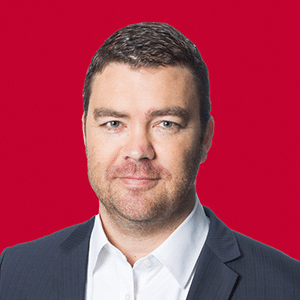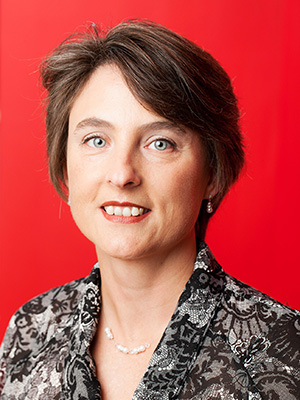March was a strong month for global equity indices, capping off a quarter where returns were firmly in the green. The MSCI ACWI was up 3.1%, while the S&P 500 and Nasdaq increased by 3.7% and 7.8% respectively. Things were less rosy in the UK, where the FTSE 100 fell by 2.5%. For the quarter, the S&P 500 was up almost 7.5%, while the Nasdaq improved by a whopping 17%. The FTSE 100 had a less eventful quarter, but still ended up 3.5%.
There were also large moves in the commodity markets this month, with the prices of oil and natural gas falling by 4.9% and 19.3% respectively, while gold rose 7.8% and silver 15.2%.
US inflation came in at 6.0%, in line with estimates, a decrease of 40bp from January. Across the Atlantic, UK CPI came in much higher than expected at 10.4%. Both the Bank of England and the European Central Bank remained steadfast in the fight against inflation, raising lending rates by 25bp and 50bp respectively. The expectation that rate hikes in the US are coming to an end led to another weak month for the Dollar, which has now depreciated by 9.5% against both the Euro and the Pound over the last 6 months.
Adding pressure on the dollar was the emergence of the biggest banking crisis since the 2008 Global Financial Crisis. The collapse of Silicon Valley Bank, Silvergate Bank and Signature Bank, as well as Credit Suisse, exposed some cracks in the global financial system, as the rapid pace of interest rate hikes started taking its toll. Large paper losses on the banks’ bond portfolios left them with a liquidity crisis as investors rushed to pull their money. The Fed found itself between a rock and a hard place, as both continuing to raise rates or suddenly pausing, could be interpreted badly by the market.
There were some noteworthy moves in the Russian War, as Finland cleared the last hurdle in becoming a NATO member, putting Russia and the military alliance side by side along Finland’s 1,300 km border.
The JSE also struggled in March, losing 1.2%, but finished the quarter 5.2% in the green. There was not a lot to cheer about locally in terms of financial news. 4th quarter GDP growth came in at -1.3%, much worse than the expected contraction of 0.4%. On top of this, S&P Global reiterated their junk rating of South Africa’s sovereign debt, and downgraded the outlook from positive to stable, citing slowing growth and continuing rolling blackouts. Local inflation came in at 7.0%, higher than estimates, and would have contributed to the SARB’s decision to increase the repo rate by 50bp, rather than the expected 25bp. This now puts the prime lending rate at 11.25%, strengthening the Rand by 3% against the dollar over the month.
James Hayward BEng (Civil)
Equity Analyst
James, or JD as he prefers to be known, is an equity analyst in the global investment team, having joined Flagship in 2021. At the completion of his degree, JD worked in the engineering and fintech start-up industries while pursuing further studies in investments. JD holds an Engineering degree from Stellenbosch University and has passed all 3 levels of the CFA exams.



















